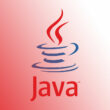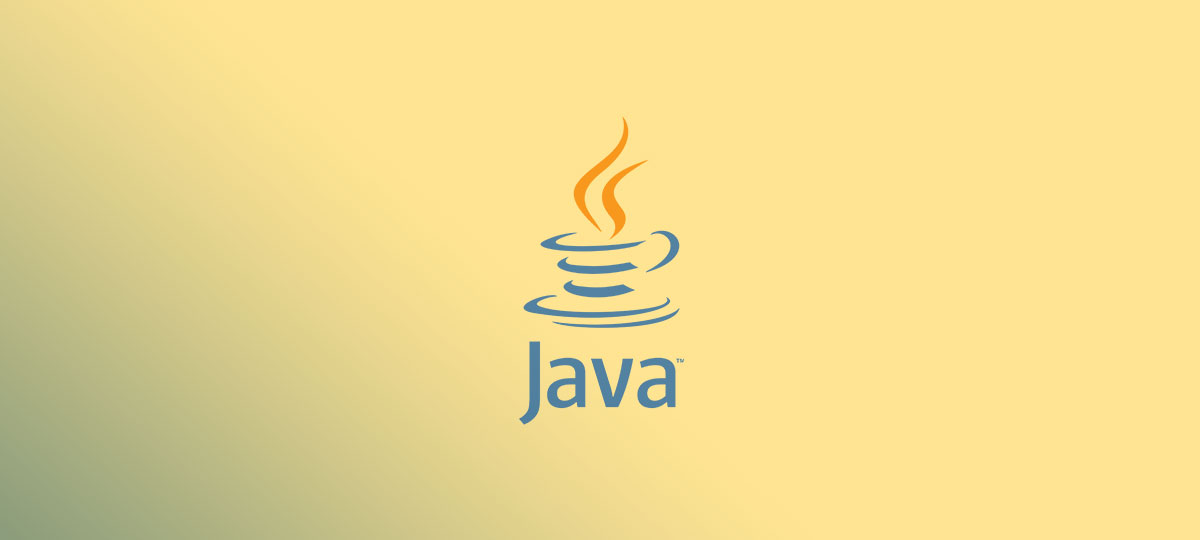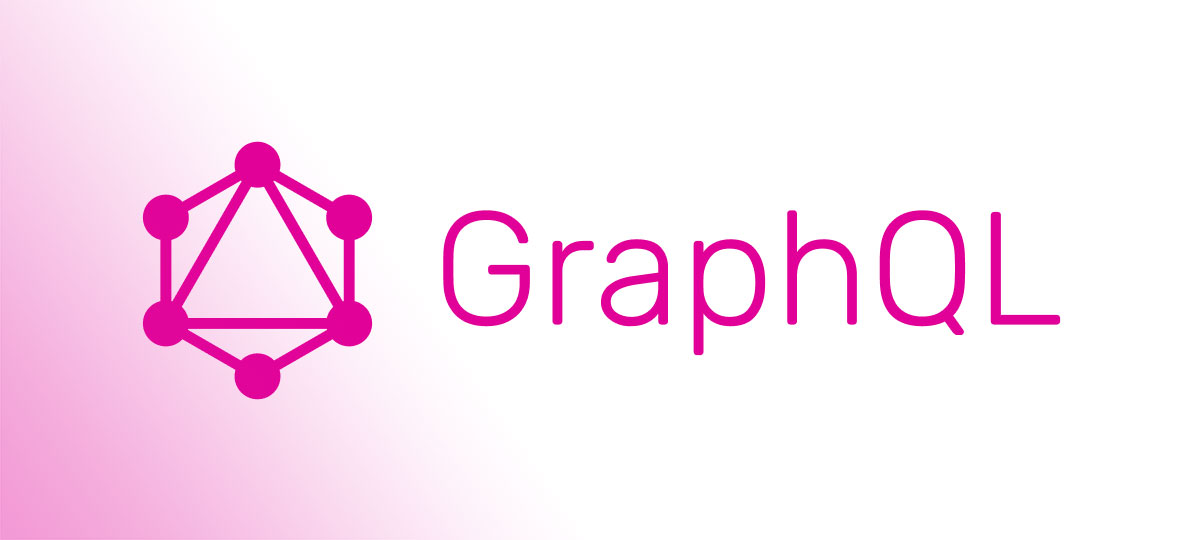Think Java’s your only option for brewing up some solid code? Think again. The world of programming languages is as vast as the codebase of a tech giant’s flagship product. In the quest for Java alternatives, there are whole constellations of languages glittering with potential.
You’re here because you’ve heard the whispers, the murmurs that there are treasures beyond Java’s well-trodden path.
By the time you skim the last line here, you’ll unpack a treasure chest of top-notch programming picks—each with its own flair for bringing your digital dreams to life.
Dive in, and you’ll gleefully navigate through the intriguing realms of Python and C#. Get up close with Scala‘s sophistication or Kotlin‘s knack for Android app excellence.
Why?
Because the right tool—like the right brush to a painter—can turn a daunting task into a masterpiece of efficiency.
So gear up, my fellow code crafters! Let’s decode the Morse of Java alternatives, take a swing with a new set of programming hammers, and see what nails we hit on the head.
Java alternatives
| Java Alternative | Primary Use Case | Syntax Similarity to Java | Performance | Type System |
|---|---|---|---|---|
| Python | General-purpose, scripting | Low | Interpreted, slower | Dynamic |
| C# | Enterprise, game development, general-purpose | High | Compiled, fast | Static, strong |
| Kotlin | Android, web, general-purpose | High | Compiled, fast (JVM, Native, JS) | Static, strong |
| JavaScript | Web, server (Node.js), general-purpose | Low | Interpreted or JIT-compiled, fast | Dynamic |
| Ruby | Web (Ruby on Rails), scripting | Low | Interpreted, slower | Dynamic |
| Go | Systems, networking, concurrent programming | Medium | Compiled, fast | Static, strong with structural typing |
| Rust | Systems, performance-critical | Low | Compiled, very fast | Static, strong with ownership model |
| Swift | iOS/macOS, general-purpose | Medium | Compiled, fast | Static, strong |
| TypeScript | Web, extends JavaScript | Low (Superset of JavaScript) | Interpreted or JIT-compiled via JS, fast | Static, strong |
| PHP | Web, server-side scripting | Medium | Interpreted or JIT-compiled, fast | Dynamic, with some static features |
| Lua | Embeddable scripting, game development | Low | Interpreted, fast | Dynamic |
| Dart | Web (Flutter for mobile and web UI) | Medium | Compiled (JIT/AOT), fast | Static, strong |
| Scala | Big Data, functional programming, general-purpose | Medium | Compiled (JVM), fast | Static, strong |
| Elixir | Concurrent programs, scalable web | Low | Compiled, runs on Erlang VM, fast for concurrent tasks | Dynamic |
| Haskell | Functional programming, academia, general-purpose | Low | Compiled, fast | Static, strong |
| Clojure | Functional programming, concurrent programming | Low | Compiled (JVM), fast | Dynamic |
| Groovy | Scripting, web (Grails), Java interoperability | High | Compiled (JVM), slower | Dynamic |
| F# | Functional programming, .NET applications | Low | Compiled (CLR), fast | Static, strong |
| Crystal | General-purpose, syntax similar to Ruby | Low | Compiled, fast | Static, strong with type inference |
| R | Statistical computing, data analysis | Low | Interpreted, slower | Dynamic |
| Julia | Scientific computing, data processing, technical computing | Low | JIT-compiled, very fast | Dynamic, with strong typing features |
Python
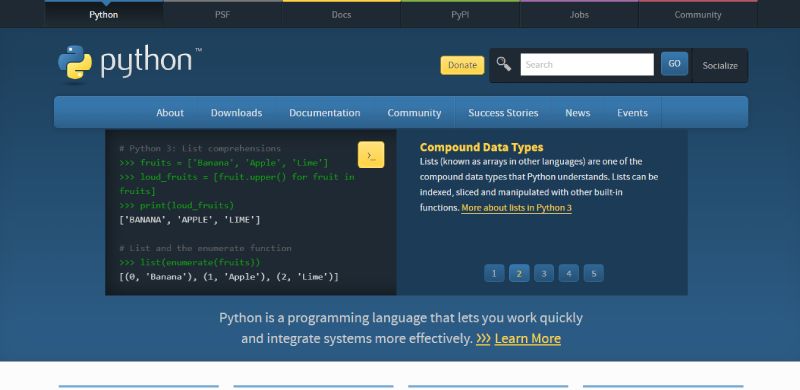
Python slithers its way into the programming world with a grace that makes coding feel less like a chore and more like storytelling. It’s a favorite for beginners and gurus alike; think of it as the Swiss-army knife in your coding belt, ready for tasks from web development to artificial intelligence.
Best Features:
- Easy-to-read syntax
- Vast libraries and community support
- Ideal for rapid prototyping
What we like about it: Python’s elegance lies in its simplicity, making complex ideas easy to express—a dream for any creator in the digital space.
C#
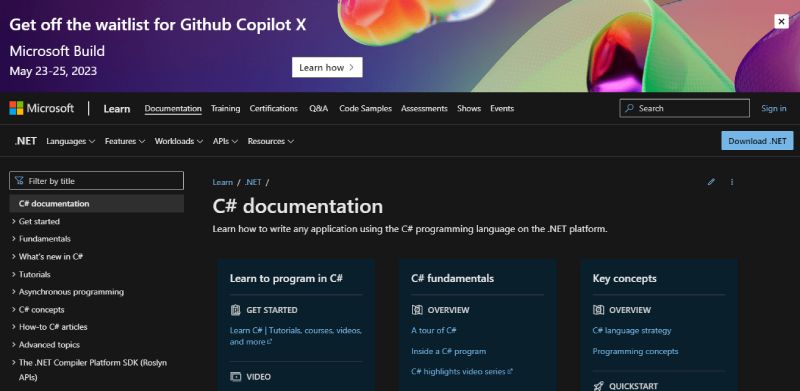
C# (pronounced “C-sharp”) is like the high-performing athlete of the .NET framework—versatile, muscular, and full of stamina. Its roots in Microsoft make it a top-dog for building robust Windows applications and games, especially with the unity game engine in its corner.
Best Features:
- Strong typing
- Great for game development
- Rich set of libraries
What we like about it: C#’s integration with the .NET framework is seamless, opening a universe of possibilities for developers who love precision.
Kotlin
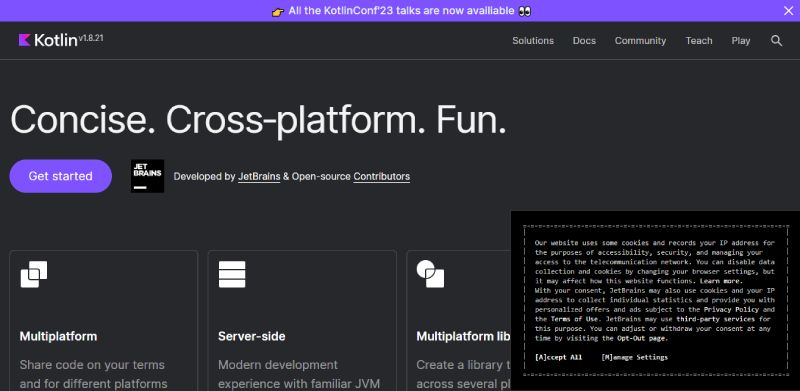
Kotlin is the heartthrob of Android development—an expressive language that lets you say more with less code. It’s like the cool younger sibling to Java; fully interoperable but with a modern twist that makes app crafting a smoother ride.
Best Features:
- Fully Java-compatible
- Concise syntax
- Strong community backing
What we like about it: Kotlin’s null-safe design takes the worry off our shoulders, reducing those dreaded NullPointerExceptions.
JavaScript

JavaScript is the soul of interactive web pages, turning static HTML into vibrant canvases of dynamic content. Picture yourself as a puppeteer—JavaScript gives you the strings to make web elements dance at your command.
Best Features:
- Runs on every web browser
- Massive ecosystem of frameworks
- Event-driven, asynchronous nature
What we like about it: Its ubiquity is JavaScript’s claim to fame, living in every nook and cranny of the web.
Ruby
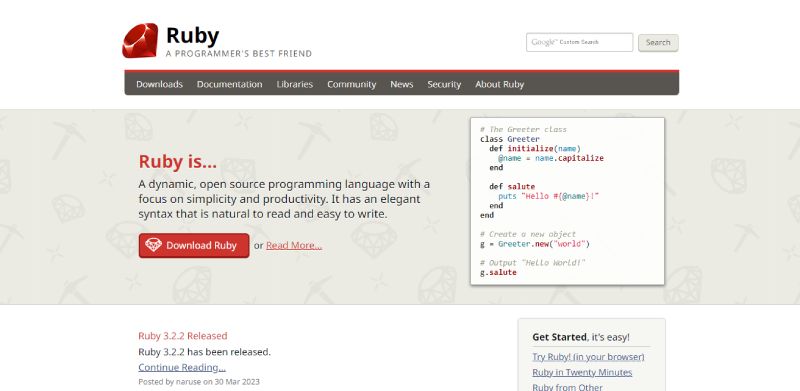
Ruby glistens with a philosophy that feels like a warm hug—optimized for developer happiness. Its elegant syntax is designed for humans first, making coding as close to a leisurely walk in the park as it can get.
Best Features:
- Elegant and expressive syntax
- Strong focus on simplicity and productivity
- Mature web framework (Ruby on Rails)
What we like about it: Ruby’s Rails framework—when you want to build web applications at warp speed, Rails is your hyperdrive.
Go
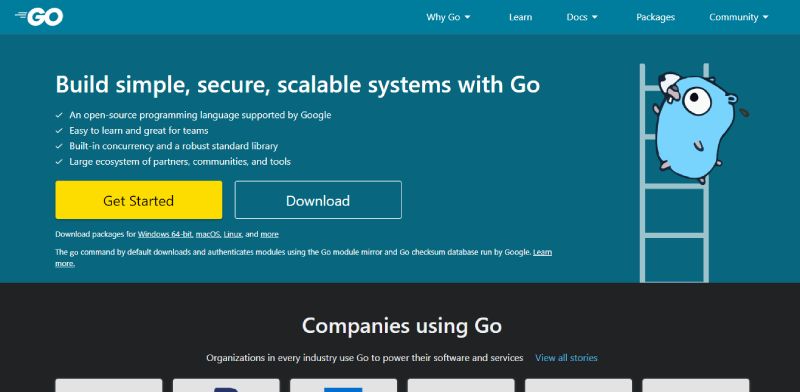
Go, also known as Golang, is the brainchild of tech giant Google. Built for the cloud, it sails through system-level programming with a focus on concurrency and performance. Go favors simplicity; it’s like cleaning your room to perfection, making it easy to maintain and scale your projects.
Best Features:
- Statically typed with an efficient compiler
- Built-in support for concurrency
- Simplifies complex software development
What we like about it: Go’s goroutines make concurrent operations a breeze, letting us tackle multiple tasks at once without breaking a sweat.
Rust
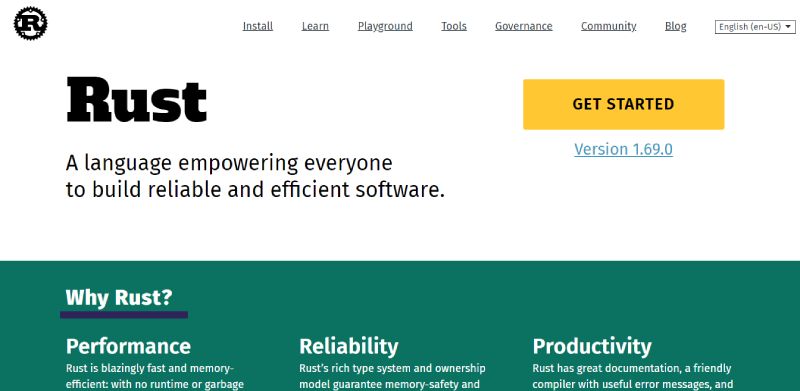
Rust is the rising star for system programmers who crave memory safety. It’s your trusty sidekick, preventing those nasty memory bugs without sacrificing the speed—kind of like driving a high-performance car with the best safety features.
Best Features:
- Zero-cost abstractions
- Memory safety without garbage collection
- Fearless concurrency
What we like about it: Rust’s uncompromising stance on memory safety offers peace of mind, ensuring our code is both fast and reliable.
Swift
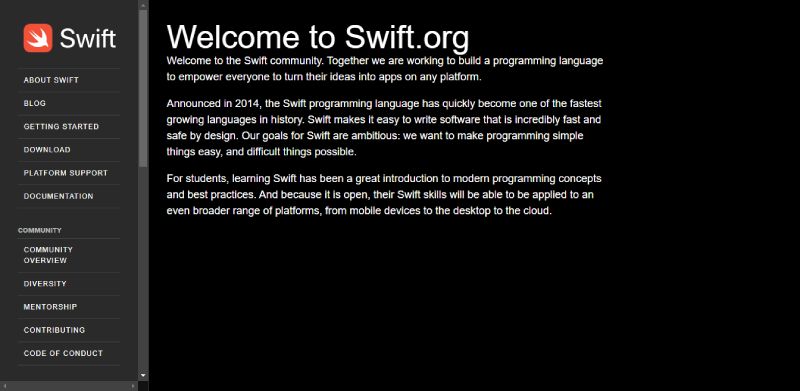
Swift rushes in with the promise of making app development for Apple’s ecosystem a delight. Born in the house of Apple, it combines powerful performance with a syntax that’s smooth as silk—imagine painting with the finest brush that never leaves a stray mark.
Best Features:
- Clean and expressive syntax
- Fast and powerful runtime
- Interoperable with Objective-C
What we like about it: Swift’s playgrounds feature allows for rapid testing without building an entire app—perfect for prototyping or learning on the fly.
TypeScript
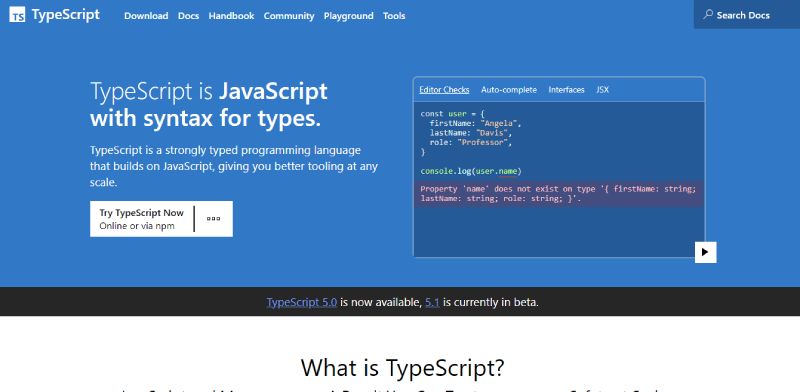
Imagine JavaScript, but with a layer of armor. TypeScript brings static typing to the battlefield, catching errors with precision before they run amok. It’s like having a vigilant guardian for your code, ensuring that everything aligns before it hits the browser.
Best Features:
- Optional static typing for JavaScript
- Powerful tooling with IntelliSense
- Backed by Microsoft
What we like about it: TypeScript’s ability to scale makes it a hero for large projects where regular JavaScript might stumble.
PHP

PHP has been the bread and butter of web development for ages. It’s that trusty old tool you reach for when you need to get things done, no fuss. Loved by web developers worldwide, PHP powers a significant slice of the internet with its simplicity and legacy.
Best Features:
- Wide range of powerful frameworks
- Extensive database support
- Tailor-made for server-side scripting
What we like about it: PHP’s got shared hosting down to a fine art, making it affordable and convenient for launching web applications.
Lua
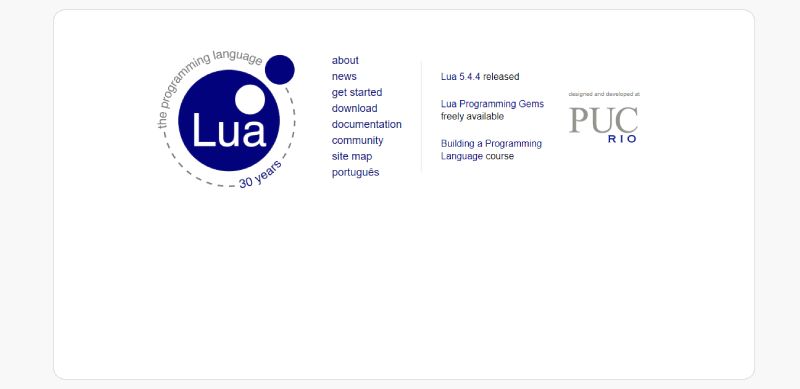
Lua plays the ace of embeddability. Sleek, lightweight, and fast, it slips into applications where you’d least expect it—gaming engines, desktop apps, even IoT devices. It’s the simplicity that works where speed and flexibility are crucial.
Best Features:
- Lightweight and fast
- Easy to embed and extend
- Minimalist syntax
What we like about it: Lua’s integration into game engines like Love2D makes it a hit for developers looking to add scripting to their games.
Dart

Dart zooms into the scene targeting app developers who long for a smooth ride. It’s the wind beneath the wings of Flutter, Google’s UI toolkit, aiming to craft beautiful, natively compiled applications for mobile, web, and desktop from a single codebase.
Best Features:
- Optimized for UI development
- Compiles to native code or JavaScript
- Strong backing from Google
What we like about it: Its potent combo with Flutter allows us to paint our apps across multiple platforms with a single brush.
Scala
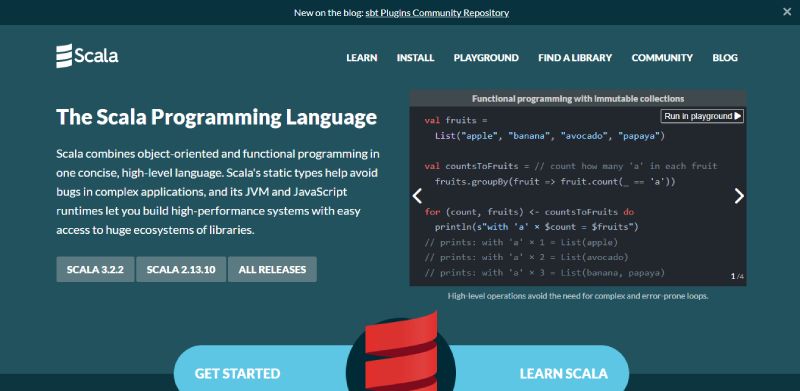
Scala sings a tune that’s both functional and object-oriented, blending the best of both worlds. It stands strong as an alternative where Java treads, but with expressive syntax and powerful features for concurrent programming that make it shine in complex, big data operations.
Best Features:
- Integrates with Java ecosystem
- Encourages immutable data structures
- Excellent for scalable applications
What we like about it: Scala’s intricate dance with Apache Spark has turned many data scientists and engineers into devout followers.
Elixir
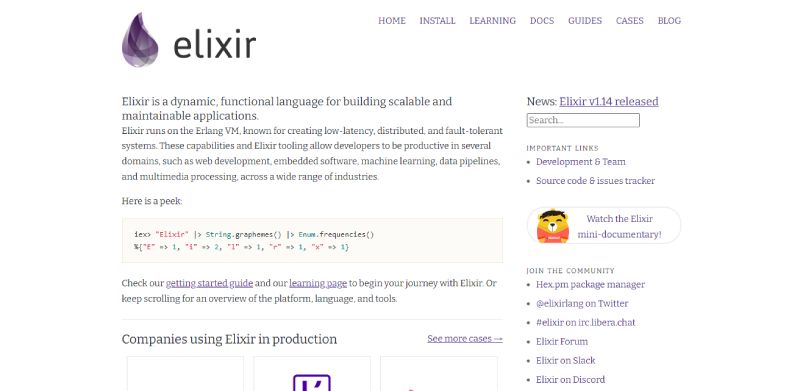
Elixir brews functional magic for scalable applications with a heavy tilt towards maintainability and concurrency. It’s built on the robust Erlang VM and offers the concoction needed to keep systems running smoothly—a life-saver for applications that demand high availability.
Best Features:
- Fault-tolerant and highly concurrent
- Functional programming features
- Seamless real-time web communication
What we like about it: Elixir’s Phoenix framework sets new benchmarks for real-time web functionalities unbeaten in the race for web performance.
Haskell
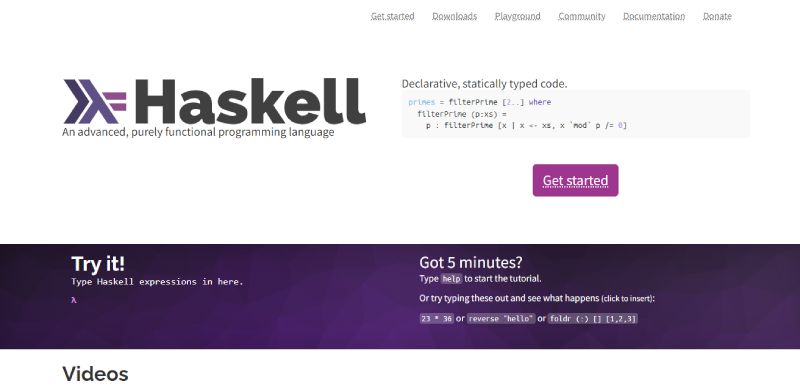
Haskell is like the grandmaster of functional programming languages, valuing purity and mathematical correctness. It might demand a solid grind to master, but the payoff is its prowess in crafting bug-resistant and maintainable code.
Best Features:
- Statically typed and lazily evaluated
- Strong emphasis on code reliability
- Rich type system
What we like about it: Haskell’s compiler is famous for catching errors upfront, making the development process smoother down the line.
Clojure
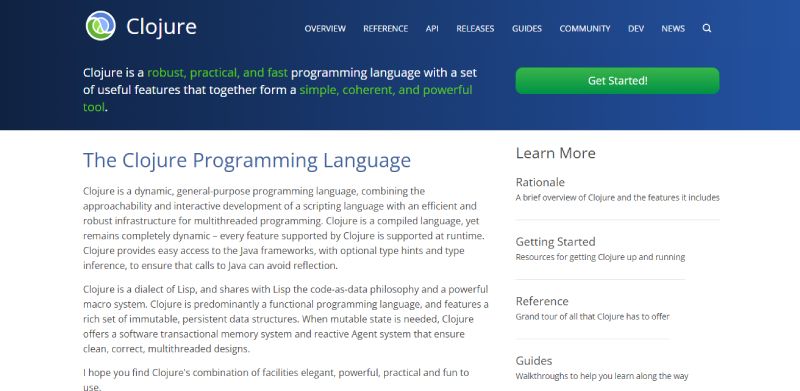
Clojure walks in with the old soul of Lisp and the modern touch of the JVM. It’s designed for concurrency and immutable data structures, fitting like a glove for developers leaning towards functional paradigms in their applications.
Best Features:
- Functional programming with Lisp roots
- Runs on the JVM and interoperable with Java
- Emphasis on simplicity and robust design
What we like about it: Its immutable data structures and first-class functions offer a sanctuary for minds seeking order in the chaos of mutable state.
Groovy
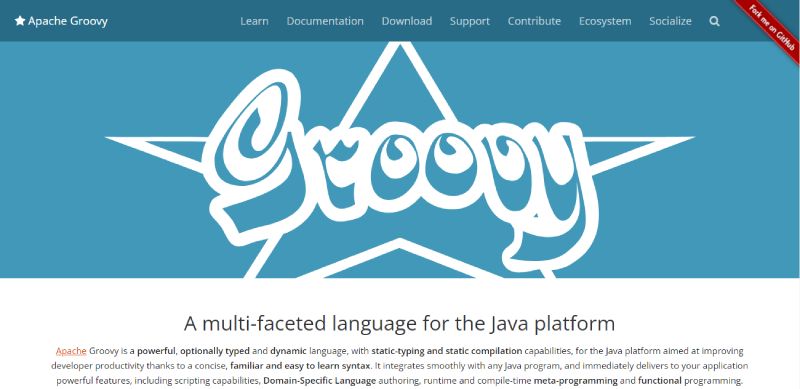
Groovy swings by as the laid-back cousin to Java, ready to mingle in the JVM environment. It streamlines coding with its Python-esque syntax and brings the fun back into Java-centric development with flexible typing and scripting capabilities.
Best Features:
- Optional static and dynamic typing
- Integrates seamlessly with Java code
- Supports domain-specific languages
What we like about it: Groovy spices up the Java landscape with its more casual, write-it-as-you-think-it approach, freeing us from verbose Java syntax.
F#
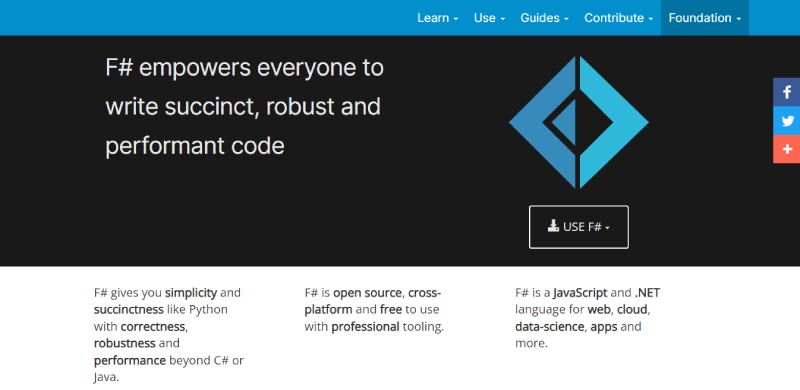
F# is the .NET echo of functional programming, blending performance with the convenience of a robust framework. With a strong foundation in academia and a growing presence in the industry, it’s a compelling choice for analytical computing and data-heavy tasks.
Best Features:
- Functional-first programming
- Seamless .NET integration
- Strong type inference
What we like about it: Its succinct syntax and strong typing boost productivity, slicing through complex algorithms like a knife through butter.
Crystal
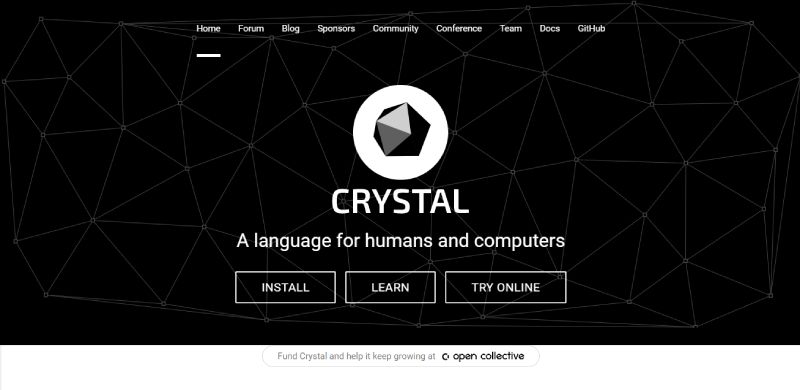
Crystal shimmers with the dreams of Ruby enthusiasts, but don’t be fooled by its sparkle; this language carves its path with the efficiency of C. It’s perfect for developers yearning for Ruby’s elegance but craving performance enhancements.
Best Features:
- Ruby-like syntax with C-level performance
- Type inference and safety
- Green threads for concurrency
What we like about it: Crystal marries ease of use with high-speed execution, offering a best-of-both-worlds approach that’s hard to resist.
R

R is the statistical sage among programming languages, bowing to data analysis and visualization needs. It’s equipped with a trove of packages tailored for statisticians and data miners, making it more than just a language—it’s a whole ecosystem.
Best Features:
- Comprehensive statistical analysis tools
- Extensive graphical capabilities
- Active community for data science
What we like about it: R’s dedicated approach to data visualization helps wrangle insights out of data, turning raw numbers into compelling stories.
Julia
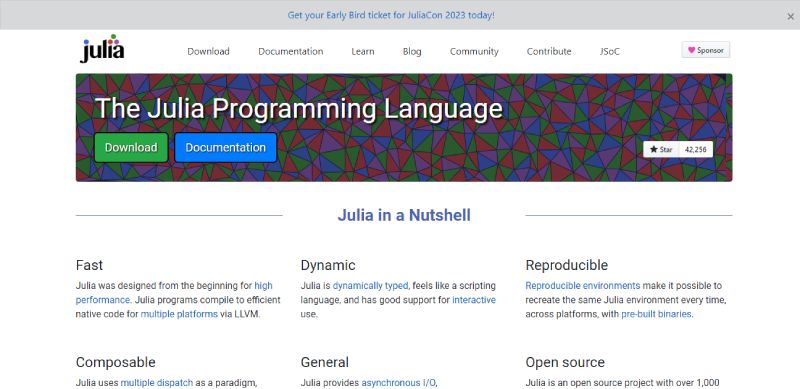
Julia enters the numerical computing scene with a flair for high performance, challenging the status quo with its blend of ease and speed. It doesn’t just walk the line between productivity and fine-tuned execution—it cartwheels along it.
Best Features:
- High-level syntax with low-level performance
- Designed for numerical and scientific computing
- Multiple dispatch for flexible programming
What we like about it: Julia’s knack for speed without sacrificing usability makes it a champion for those who need to crunch numbers at the speed of thought.
FAQ on Java alternatives
Why Look for Java Alternatives?
Let’s face it, sometimes you need to step out of the comfort zone. Java’s great, but there are scenarios where an alternative might offer a sharper tool for your specific job. Like using Kotlin for Android apps—it feels like a breath of fresh air with its modern features.
What Are Popular Java Alternatives for Web Development?
For web devs seeking change, Node.js is like hitting the jackpot with its JavaScript prowess. It’s slick for real-time apps. Then there’s Python, charming folks left and right with its readability—a real darling for rapid development.
Can Other Languages Interact with Java Code?
Absolutely! Picture languages as friendly neighbors. Scala and Groovy, for instance, they’ll gladly have a cup of coffee with Java, sharing the same JVM. They seamlessly interact, making transitions smoother than a 1-Click order.
Is .NET a Viable Alternative to Java?
It’s like asking if you’d enjoy a different ice cream flavor. .NET and its trendy C# language are total hits in the Windows arena, offering robust frameworks and a luxurious IDE with Visual Studio. Worth checking out for enterprise solutions.
What Programming Languages Are Similar to Java?
Think of Java as classic rock and C# as its cool cousin. There’s a familiar tune but with a different rhythm. Python throws in a jazzy twist. They’ve got that object-oriented backbone with a spice of their own.
Will Learning Java Alternatives Benefit My Career?
Knowing alternatives like Python, JavaScript, or Go doesn’t just add sparkle to your resume; it opens doors in AI, web apps, and cloud services. It’s like diversifying your investment portfolio—more skills, more opportunities.
Are Java Alternatives Easier to Learn?
Some say picking up Python is as easy as pie, thanks to its readable syntax. Ruby‘s known for being newbie-friendly. But remember, it’s not just about easy; it’s about the right fit for your goals and brain wiring.
How Do Java Alternatives Perform Compared to Java?
Performance can be a wild ride. Go zooms when it’s about concurrency, while Python might take a leisurely stroll. Java’s got its own perks, but sometimes those alternative lanes clear the traffic faster.
What Tools Are Available for Java Alternative Languages?
Each language flaunts its own kit. Think of Visual Studio Code—the Swiss Army knife for many, supporting a kaleidoscope from JavaScript to Go. Or Eclipse for C++, which isn’t a Java fan club exclusive.
How Does Android Development Change with Java Alternatives?
Android’s courting new dances with Kotlin, making app development smoother with its crisp syntax. Flutter with Dart is like that new DJ playing global tunes, bringing together both iOS and Android crowds under one roof.
Ending thoughts
Wrapping this up, finding the right Java alternatives boils down to what you need in your digital toolbox. It’s like reaching for a screwdriver—sometimes you need a Phillips, other times a flathead. Today’s landscape is brimming with languages each boasting their niche—Python’s clarity, Scala’s precision, or Kotlin’s slick Android moves.
- Take Python: a heavy hitter for getting started and scripting stuff fast.
- Consider C#: it’s got that enterprise flair, especially for the Windows faithful.
- There’s JavaScript: the rebel, turning web pages into interactive storybooks.
The beauty of exploring these new realms? You’re no longer tethered to one way of solving problems. Learning these languages isn’t just about dressing up your skill set. It’s adapting to a dynamic digital world.
So, go ahead, try these languages on for size. See which fits like a glove. Here’s to the next chapter in code – full of possibilities and a colorful spectrum of tools.
If you liked this article about Java alternatives, you should check out this article about Hadoop alternatives.
There are also similar articles discussing Next.js alternatives, Bootstrap alternatives, React alternatives, and JavaScript alternatives.
And let’s not forget about articles on GraphQL alternatives, jQuery alternatives, Django alternatives, and Python alternatives.
- User Engagement Metrics That Matter: What To Track And Why - April 24, 2024
- Exploring Uses: What is Java Used For in Modern Tech? - April 24, 2024
- Building Customer Relations By Obeying Data Privacy Regulations - April 24, 2024


